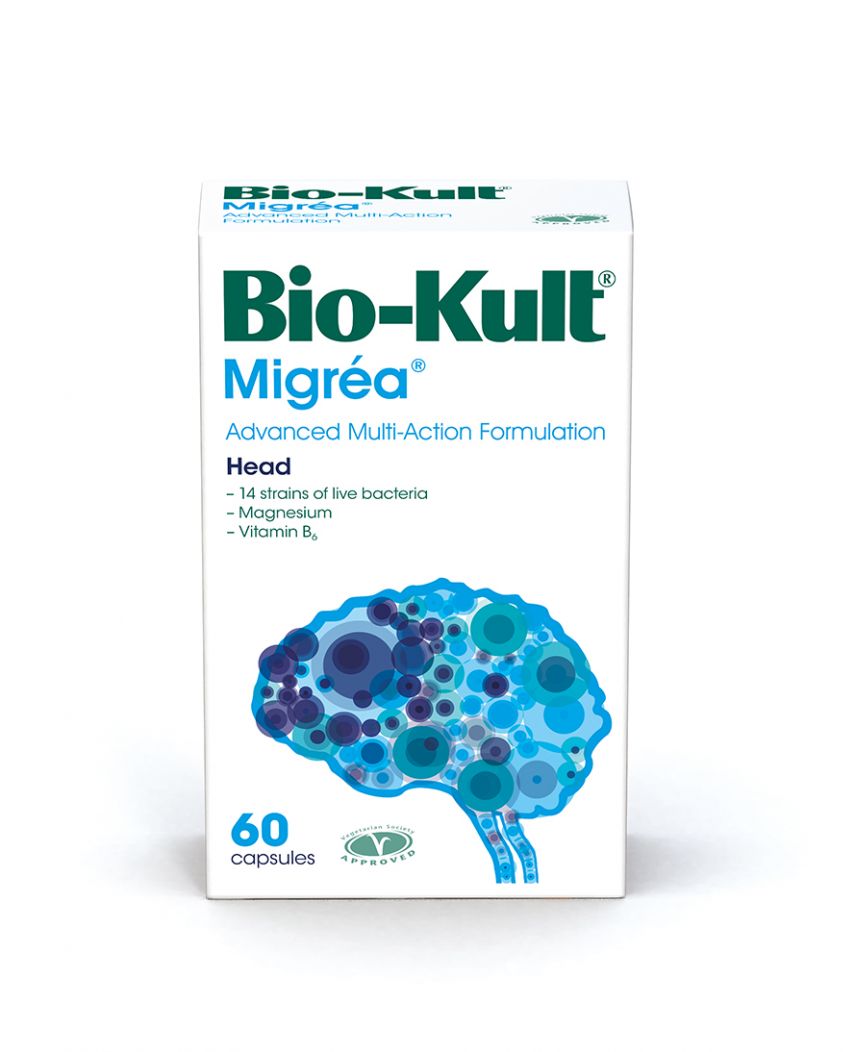38 products
-
Neuro-Mag® Magnesium L-Threonate 90 Vegetarian Capsules
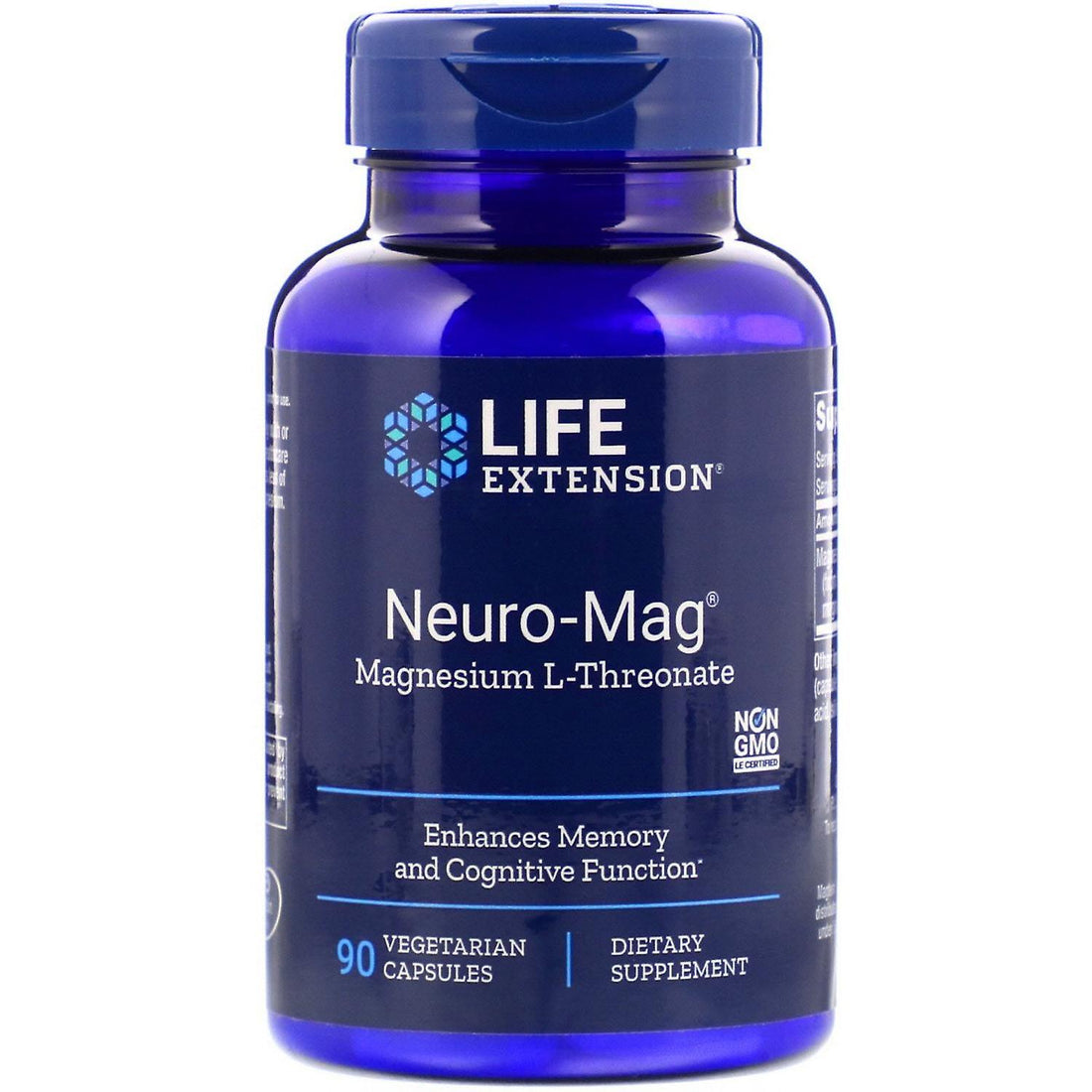 Vendor:Neuro-Mag® Magnesium L-Threonate 90 Vegetarian CapsulesLife Extension
Vendor:Neuro-Mag® Magnesium L-Threonate 90 Vegetarian CapsulesLife Extension- Regular price
-
£44.00 - Regular price
-
- Sale price
-
£44.00
Quick view
-
Magnesium & Methylated B Vitamin Complex Formula (90 Caps)
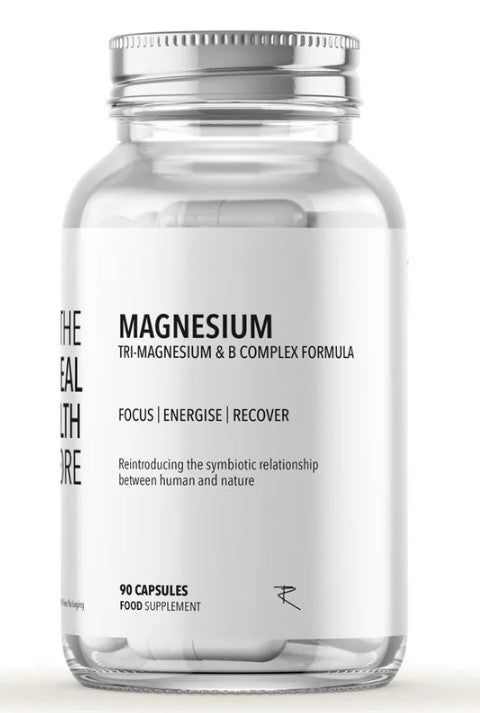
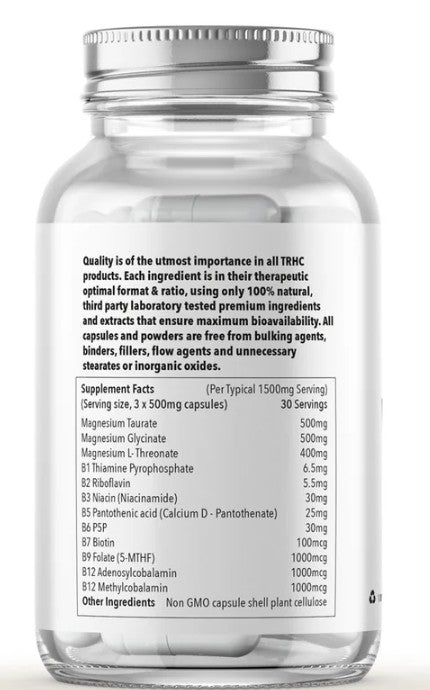 Vendor:Magnesium & Methylated B Vitamin Complex Formula (90 Caps)The Real Health Coach
Vendor:Magnesium & Methylated B Vitamin Complex Formula (90 Caps)The Real Health Coach- Regular price
-
£39.99 - Regular price
-
- Sale price
-
£39.99
Quick view
-
Nano Magnesium Extra Strong

 Vendor:Nano Magnesium Extra StrongThe Health Factory
Vendor:Nano Magnesium Extra StrongThe Health Factory- Regular price
-
£36.95 £62.95 - Regular price
-
- Sale price
-
£36.95 £62.95
Quick view
-
Mag 07 Oxygen Cleanse
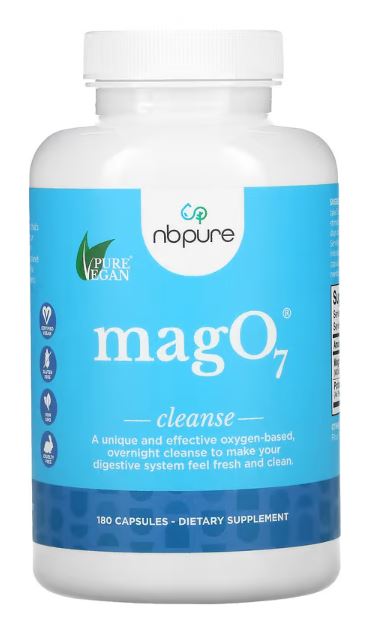
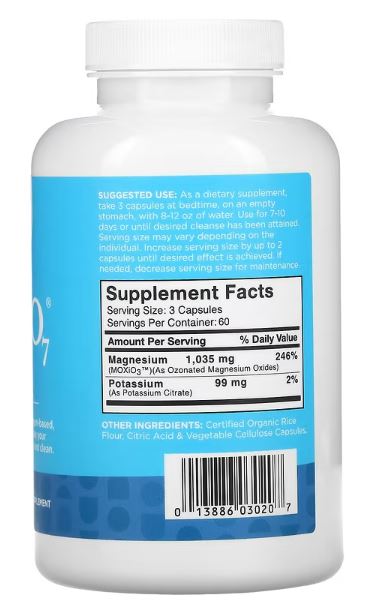 Vendor:Mag 07 Oxygen CleanseHealth Emporium
Vendor:Mag 07 Oxygen CleanseHealth Emporium- Regular price
-
£35.99 £48.99 - Regular price
-
- Sale price
-
£35.99 £48.99
Quick view
-
Mag 07 Oxygen Cleanse 90's
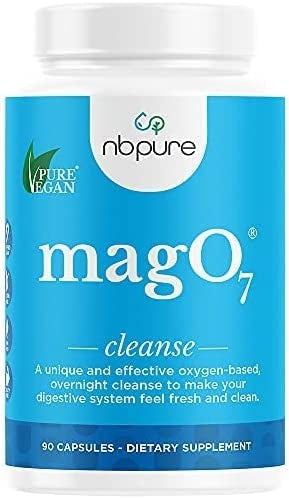 Vendor:Mag 07 Oxygen Cleanse 90'sHealth Emporium
Vendor:Mag 07 Oxygen Cleanse 90'sHealth Emporium- Regular price
-
£33.99 - Regular price
-
- Sale price
-
£33.99
Quick view
-
Magnesium Phospholipid Complex 90 Caps
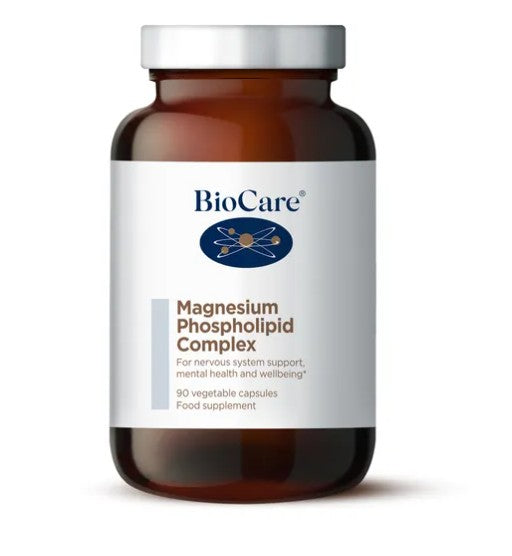 Vendor:Magnesium Phospholipid Complex 90 CapsBioCare
Vendor:Magnesium Phospholipid Complex 90 CapsBioCare- Regular price
-
£31.99 - Regular price
-
- Sale price
-
£31.99
Quick view
-
Magnesium, B6 and Saffron 60 caps
 Vendor:Magnesium, B6 and Saffron 60 capsViridian
Vendor:Magnesium, B6 and Saffron 60 capsViridian- Regular price
-
£25.70 - Regular price
-
£26.50 - Sale price
-
£25.70
Quick view
-
Natures Plus Magnesium Powder
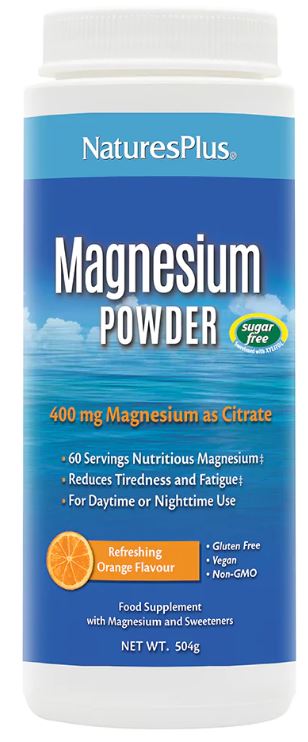 Vendor:Natures Plus Magnesium PowderNatures Plus
Vendor:Natures Plus Magnesium PowderNatures Plus- Regular price
-
£24.75 - Regular price
-
- Sale price
-
£24.75
Quick view
-
Magnesium Powder x 270g
 Vendor:Magnesium Powder x 270gAllergy Research
Vendor:Magnesium Powder x 270gAllergy Research- Regular price
-
£23.00 - Regular price
-
- Sale price
-
£23.00
Quick view
-
Nutri Advanced Magnesium Glycinate 120 tablets
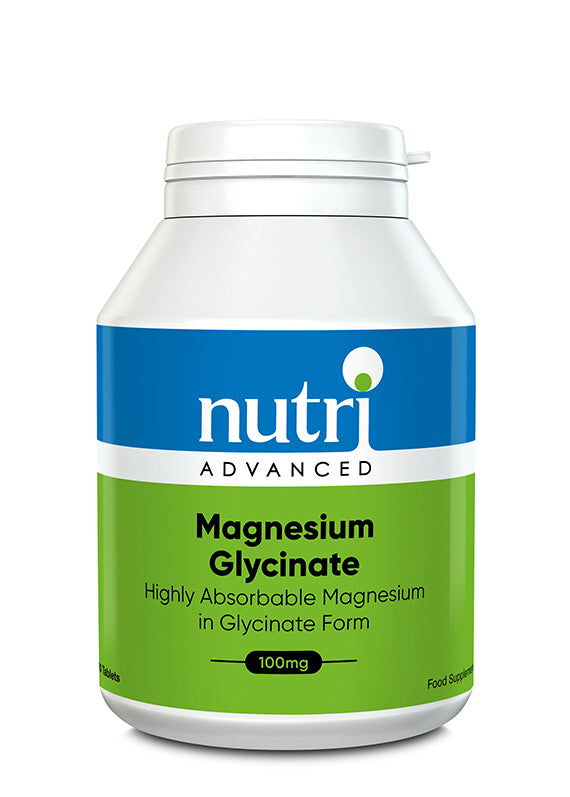 Vendor:Nutri Advanced Magnesium Glycinate 120 tabletsNutri Advanced
Vendor:Nutri Advanced Magnesium Glycinate 120 tabletsNutri Advanced- Regular price
-
£20.00 - Regular price
-
- Sale price
-
£20.00
Quick view
-
Magnesium Complex 60 Tablets
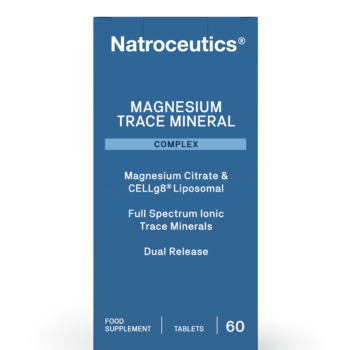
 Vendor:Magnesium Complex 60 Tabletsnatroceutics
Vendor:Magnesium Complex 60 Tabletsnatroceutics- Regular price
-
£19.95 - Regular price
-
- Sale price
-
£19.95
Quick view

















